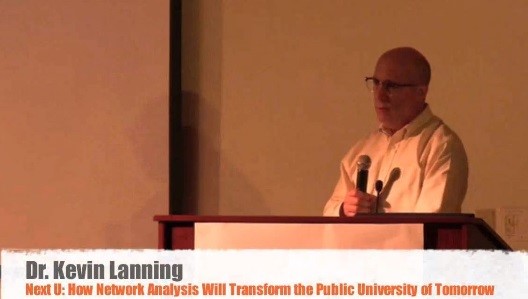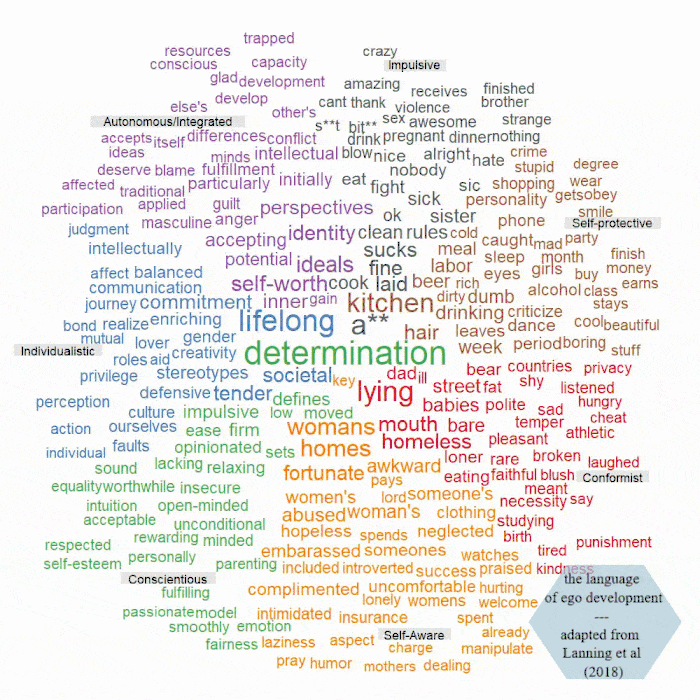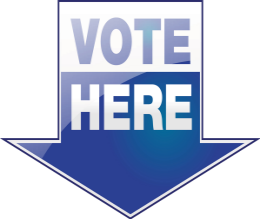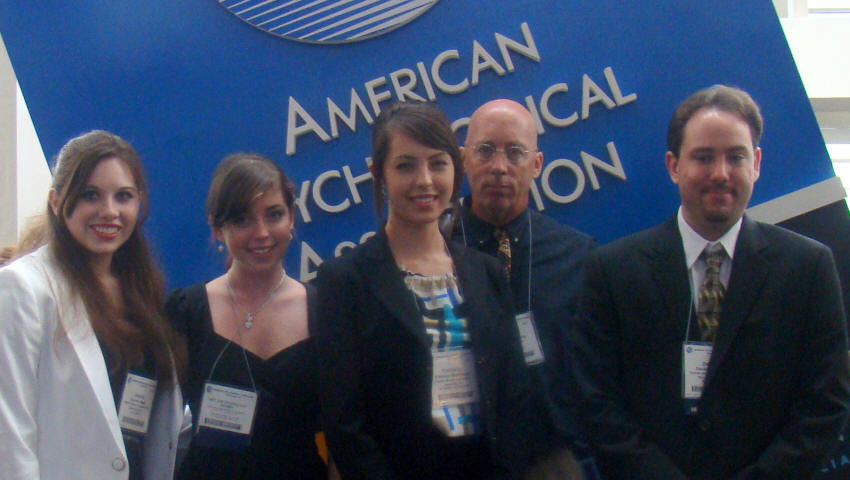


In a series of papers, I've used bibliographic couplings to model the empirical structure of personality-social psychology (e.g., Lanning, 2017) and, with my students, other areas of scholarship. I interpret these networks using various models of community structure, and identify communities using analyses of the characteristic language found in the bibliographic record.

In this 15 minute video from a few years back, I considered some of the ways in which network science can inform - and perhaps transform - contemporary colleges and universities.

In a recent paper in Nature, I used a supervised machine learning approach to extract the speech associated with stages of ego development, a broad-bandwidth construct which includes aspects of social, cognitive, and moral maturity. In the figure above, the language of ego level can be seen progressing clockwise from the Impulsive to the Autonomous/Integrated stage.
Why are 'walls' so important? The concept is arguably a primitive (basic) one in political psychology. A preregistered project on Trump, permeability, and personality is in progress).
 The
psychology of elections
The
psychology of electionsMy edited collections on the social psychology of the 2004, 2008, and the 2012 US presidential elections appeared in the journal Analyses of Social Issues and Public Policy.
 Freedom
and equality
Freedom
and equalityThe war on terror has laid bare tensions not merely between freedom and security, but also between freedom (civil liberties) and equality (civil rights). A brief paper is here.
